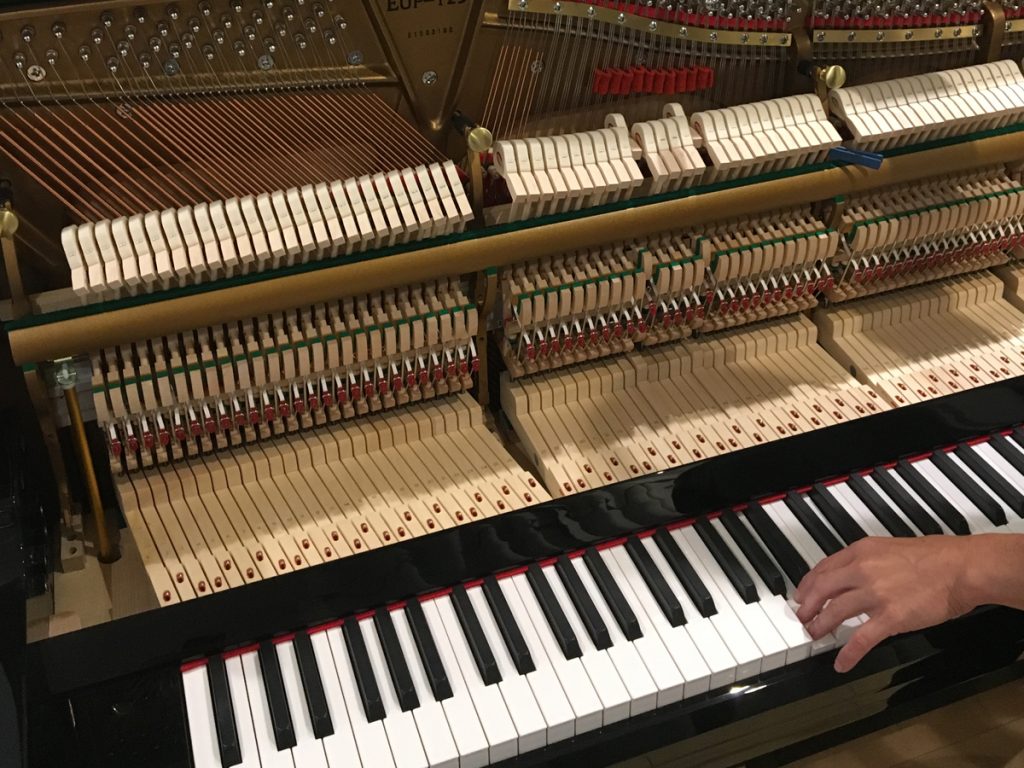To make sure your piano stands the test of time and brings your descendants as much joy as it does you, you have to protect it. Here are a few tips on how:
1. Carefully choose where you keep your piano. Upright pianos can easily be placed anywhere in a room. You can even decorate the back of an upright piano with plants or a screen. If you place it against the wall, be sure to leave at least 15 centimetres (6 inches) between the back of the piano and the wall to allow the soundboard to resonate properly and produce a better tone.
2. For grand pianos, the possibilities are virtually limitless, because they allow you to play while facing the room and the people around you. Unlike upright pianos, a grand piano’s sound travels freely no matter where you put it. Since the sound projects towards the ground and the ceiling, there are no obstacles to get in the way.
3. Keep your instrument away from heat sources. They are the number one enemy of the piano and, specifically, the soundboard. Never place an upright piano against a radiator or too close to a fireplace.
4. Avoid placing your instrument in a sunroom or in front of a patio door, especially if it faces the sun.
5. Protect your piano from the sun’s rays. Daily exposure to the sun will change the colour of the finish, damage the wood, and quickly put your instrument out of tune.
6. Basements can be a great place for a piano. However, be sure to carefully monitor the temperature of the room. In the summer, you can turn up the heat slightly to eliminate moisture, if necessary.
7. If possible, use the Dampp-Chaser system to help protect your piano, because it continuously regulates the relative humidity of your instrument.
Have your piano tuned at least once a year, or even more often if you play it regularly. Even if your piano is equipped with a Dampp-Chaser system (which will keep it in tune longer), it is critical to have it looked at regularly by a skilled technician, ideally one who is certified by the Piano Technicians Guild . Remember that the piano is made of wood, metal, and cast iron—all materials that are affected by environmental changes and determine the sound of the instrument.

